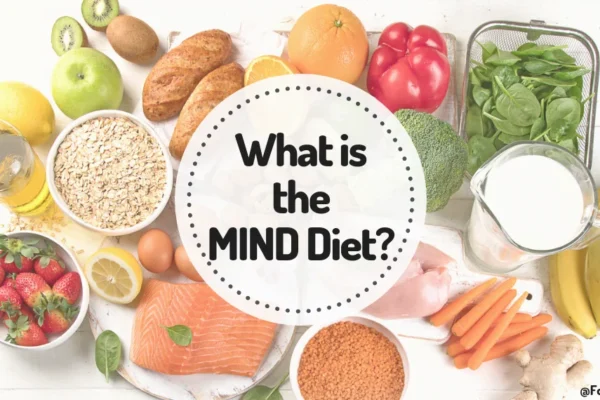
New Study Finds MIND Diet May Lower Dementia Risk — Even When Adopted Later in Life
A new large-scale study suggests that the MIND diet, which blends elements of the Mediterranean and DASH diets, could play a significant role in reducing the risk of dementia—even for people who begin following it later in life. The findings were presented at the American Society for Nutrition’s annual meeting and are based on data from nearly 93,000 U.S. adults between the ages of 45 and 75. Participants were tracked over decades as part of a long-term health study starting in the 1990s. Researchers found that individuals who consistently adhered to the MIND diet had a 9% lower risk of developing dementia compared to those with low adherence. But even more striking was that people who improved their diet over time saw up to a 25% reduction in their risk—suggesting it’s never too late to make beneficial changes. The MIND diet, short for Mediterranean-DASH Intervention for Neurodegenerative Delay, focuses on foods known to support brain health. These include leafy greens, berries, nuts, beans, whole grains, fish, poultry, and olive oil. At the same time, it recommends limiting red meat, butter, cheese, sweets, and fried or fast food. One of the unique aspects of this study was its diverse participant base. Researchers found that the positive impact of the diet was particularly notable among African American, Latino, and white participants, who saw about a 13% reduction in dementia risk. However, the benefits were less clear among Asian American and Native Hawaiian groups, prompting questions about how cultural and genetic factors may influence dietary outcomes. The study’s authors emphasized that diet is just one of many lifestyle factors that can affect brain health, but it’s an important one—especially considering how simple changes to daily eating habits can have long-term benefits. While the MIND diet has been studied before, this research is among the most comprehensive to date. It reinforces previous findings while also showing that people can still make a meaningful impact on their brain health by adopting the diet even in middle or later adulthood. Overall, the research highlights a hopeful message: whether you’re 45 or 75, changing how you eat may help protect your brain as you age. In a time when dementia and Alzheimer’s cases are on the rise, this adds to a growing body of evidence that prevention may start on the plate.









